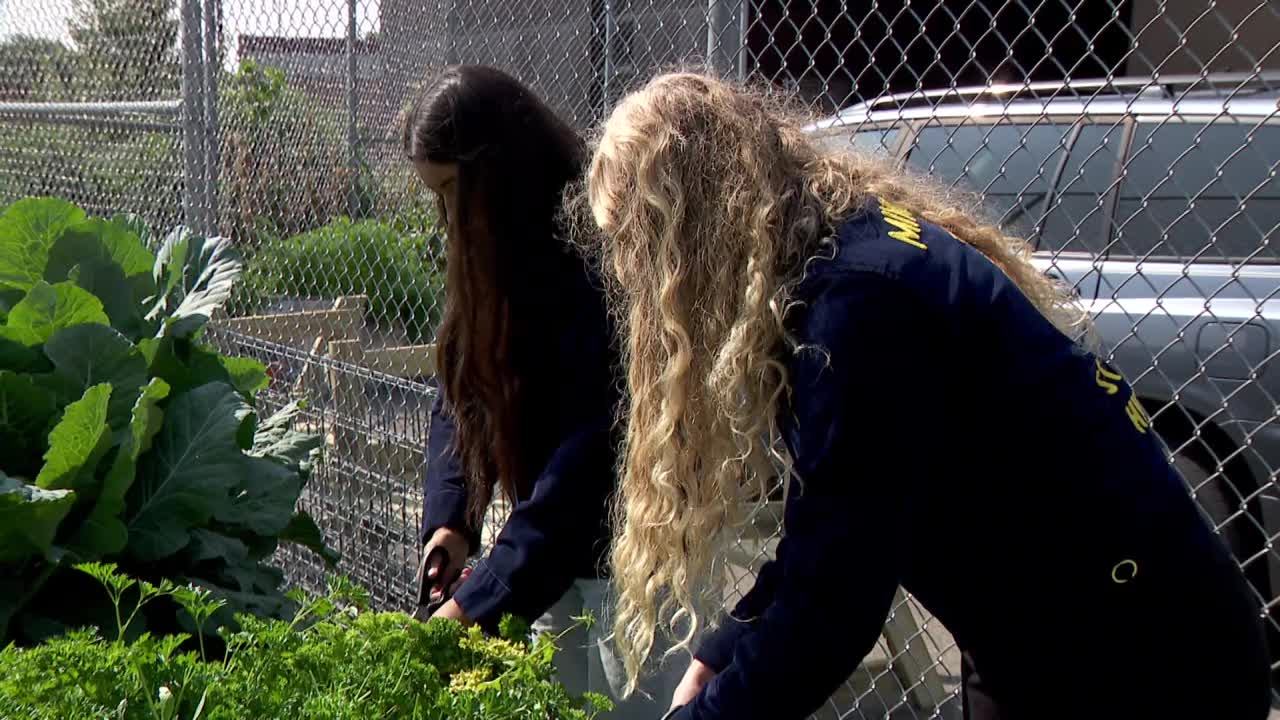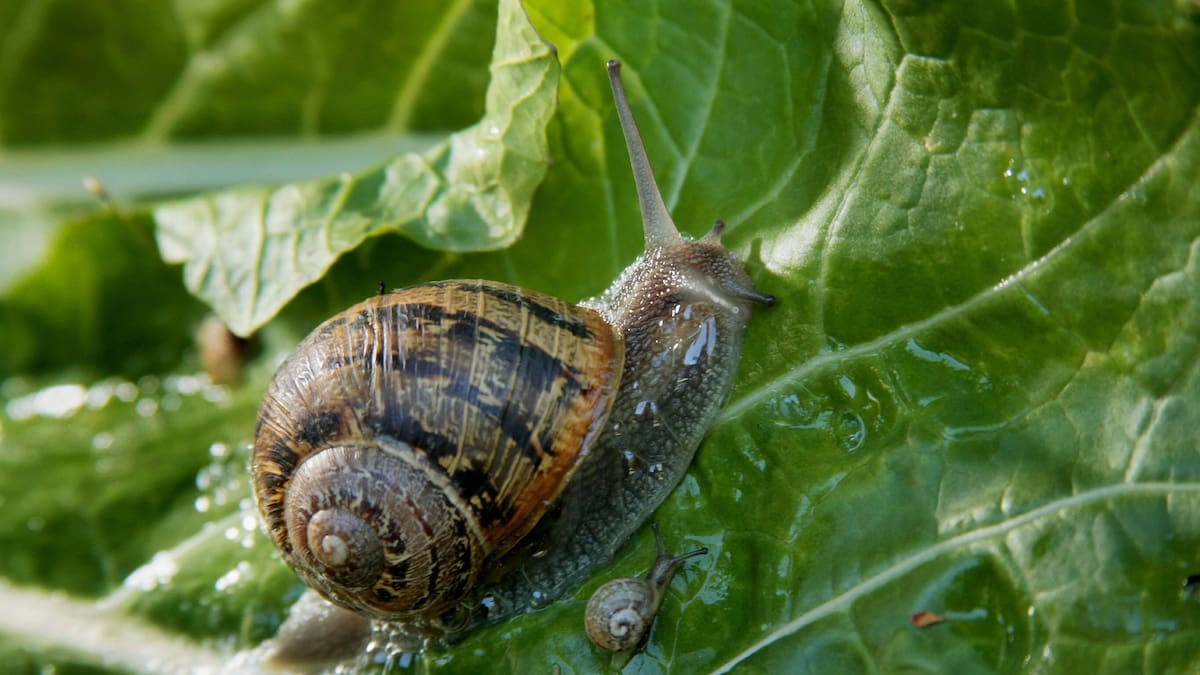St. Paul Minnesota based students are immersing themselves quite literally in a learning environment, as they get the unique opportunity to partake in a garden program. The project encourages their interaction with urban farming and gardening, where the freshly grown produce from their efforts ends up right in the cafeteria of their school or reaches the local community directly.
At the heart of this initiative is the Humboldt High School, where students are offered a chance to roll up their sleeves and plunge their hands into nurturing a garden. Right through the summer, they don the roles of paid interns working on setting up garden beds, tending herbs, and planting vegetables. As Ashley Tapia, a senior at Humboldt, shared, her passion for harvesting is rooted in seeing the fruit of their hard work materialize. The sight of their time and effort translating into flourishing plants feels rewarding.
The gardens are teeming with a variety of herbs and vegetables including Thai basil, sweet basil, chives, parsley, and tomatoes, with three different varieties of the latter according to Neenah Mork, another senior from Humboldt. Peppers too find a significant place in the yield. This nurture with nature has opened up an avenue for students to not only carry their green thumb to school but also experience the joy of sharing their labor’s fruit.
They claim to gain immense satisfaction from the principle of ‘we reap what we sow’. Some of their agricultural produce graces the salad bars in their own school which is a subject of great pride for them. They revel in the accomplishment of being that influential driving factor in their school cafeterias.
While much of their produce lands in their school’s food and salad bar, the remaining is directed toward the school’s food shelf and several other community outreach programs. This initiative ensures that the local community gets access to fresh food – right from the school farms to their tables.
This humble gardening program has recently caught the eye of others. In a boost to the resources, the project is set to receive a substantial monetary aid in grants, amplifying its scale in the next academic year. Two significant beneficiaries include Minnesota’s Cargill, contributing $100,000, and the USDA pledging an amount of $50,000 to support the growth of the initiative. Evidently, the school program organizers are thrilled about the prospects of being able to broaden their initiative to even more students.
They aspire to expand their reach in teaching students about the values of gardening, farming, and agriculture, right in the urban setting of a capital city. In their view, this opportunity to learn through hands-on practice in an open-air environment is an enriching experience. They believe it nurtures science, teamwork, and contributes to social skill development.
Endorsing this sentiment is Lynn Broberg, Assistant Director of Nutrition Services for the St. Paul School District. According to her, the charm of teaching via an interactive and outdoor space is a treasure trove for students. Enabling the younger generation to partake in such practical experiences allows them a greater degree of camaraderie with their peers and instills a sense of belonging and sharing, which is highly commendable.




